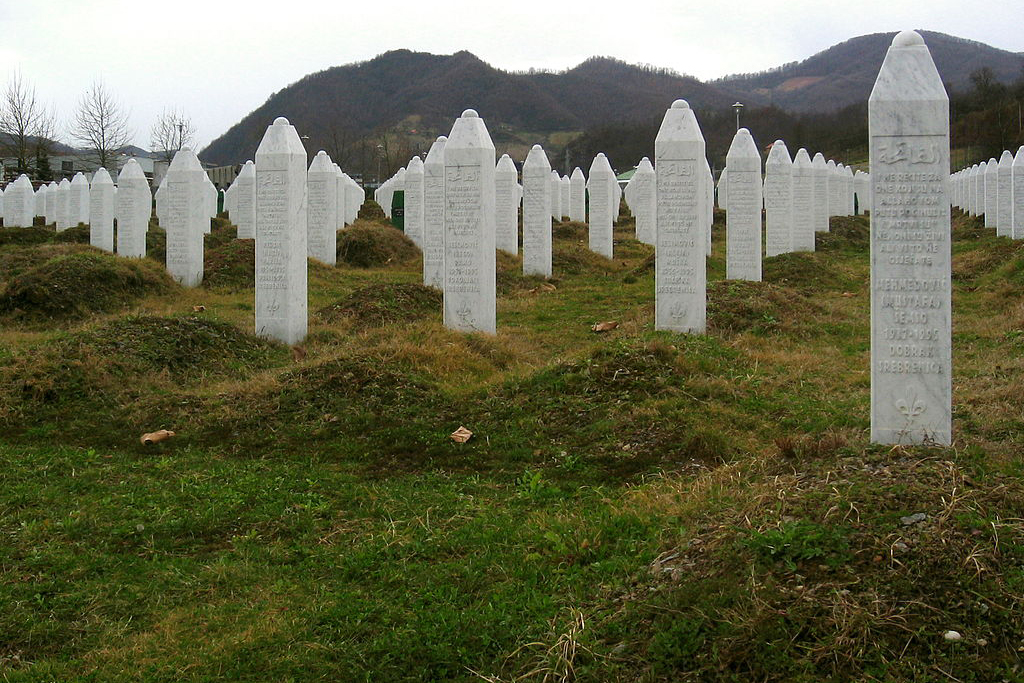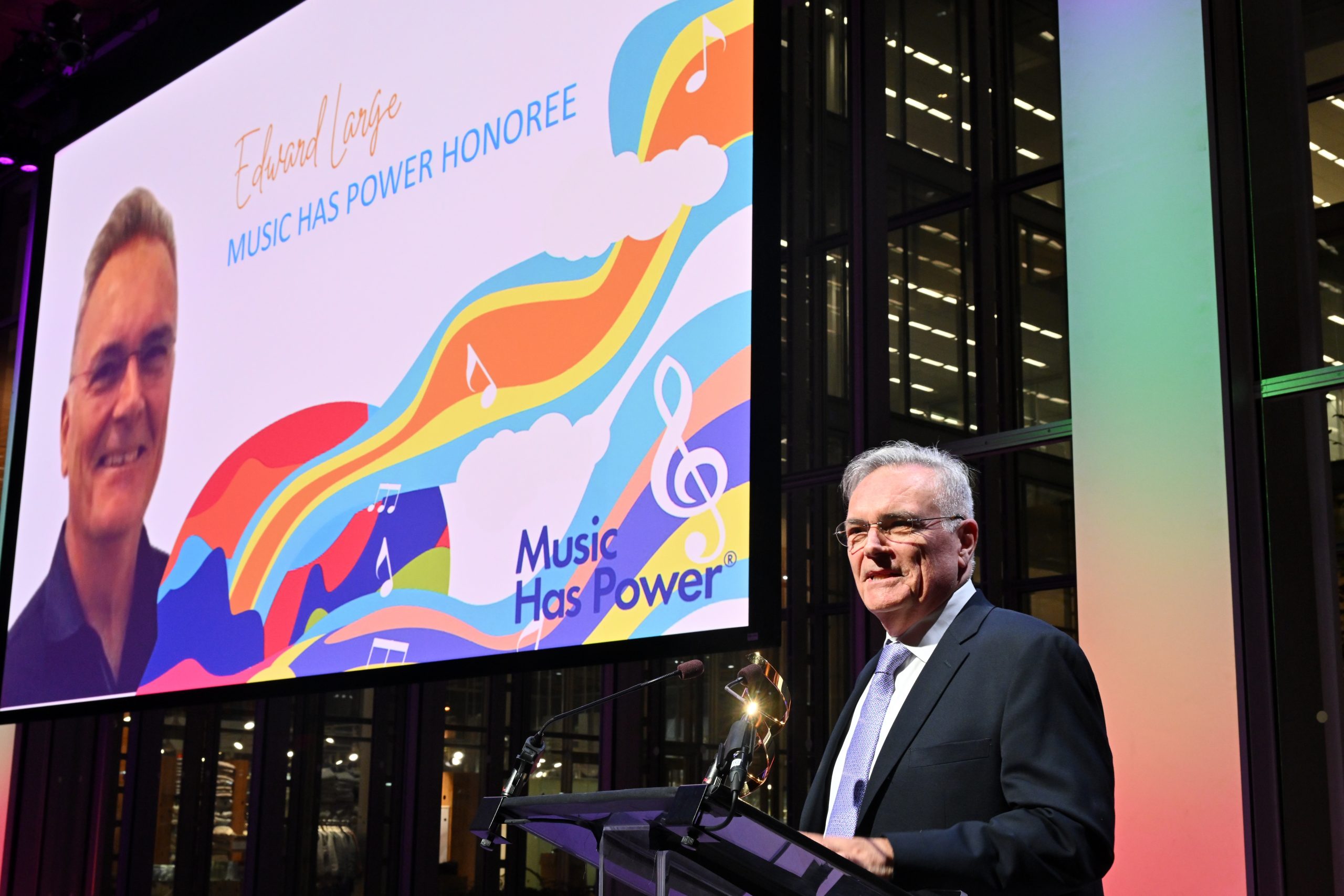Are political leaders liable for inciting their followers to persecute religious minorities or ethnic and racial groups? What responsibility do media owners have for disseminating hate speech during widespread social conflict? From Nazi Germany to Rwanda and Bosnia, courts have struggled to hold the public figures who foment hatred accountable for the ensuing violence.
In his new book, Incitement on Trial: Prosecuting International Speech Crimes, UConn Law Professor Richard Ashby Wilson explores the legal questions that arise in prosecuting incitement and proposes a new way of regulating the risks of political speech. The book, to released August 31, 2017, by Cambridge University Press, describes how a media campaign that demonizes a segment of the population on racial, ethnic, religious or national grounds often precedes armed conflict. Yet, Wilson writes, international criminal tribunals often have trouble showing that the words directly caused the violent acts. The difficulty goes back at least to the aftermath of World War II.

“At the International Military Tribunal at Nuremberg in 1945-6, one Nazi propagandist (Julius Streicher) was found guilty of crimes against humanity and hanged, but another (Hans Fritzsche) was acquitted,” Wilson writes. Several more recent prosecutions for speech crimes have failed, including the cases against Serb nationalist Vojislav Šešelj and the sitting Vice-President of Kenya, William Ruto.
One of the key problems courts encounter is determining what types of speech are most likely to elevate the risk of violence. Wilson’s original research included a survey that exposed American participants to the hate speech of Šešelj and evaluated their responses. His team of researchers found that calls for revenge and references to past atrocities are most likely to lead participants to justify violence. An understanding of the social science of persuasion and violence would not only help prosecute crimes against humanity, Wilson concludes, it could help prevent them.
Knowing which messages are most likely to promote violence, institutions such as the International Criminal Court could monitor volatile situations and take action before armed conflict erupts, Wilson writes. He notes that the act of inciting genocide is a crime in itself and could be prosecuted before there is a chance for armed conflict to occur. If violence does happen, prosecutors should not focus on proving causation but instead on who gave specific orders to commit violent acts and who aided and abetted those acts, he argues.
The book, Wilson said, “is intended to help prosecutors identify the most dangerous forms of speech and to use the law in a preventative manner to forestall violence before it occurs. If it does occur, then inciters may be charged as complicit with the perpetrators, rather than a direct instigators of the violence itself.”
Wilson is a professor of both law and anthropology at the University of Connecticut, the Gladstein Distinguished Chair of Human Rights at UConn School of Law and founding director of the university’s Human Rights Institute. He will next turn his attention, as a visiting scholar at the Russell Sage Foundation, to a research project on incitement and hate speech in the United States since 2016.



